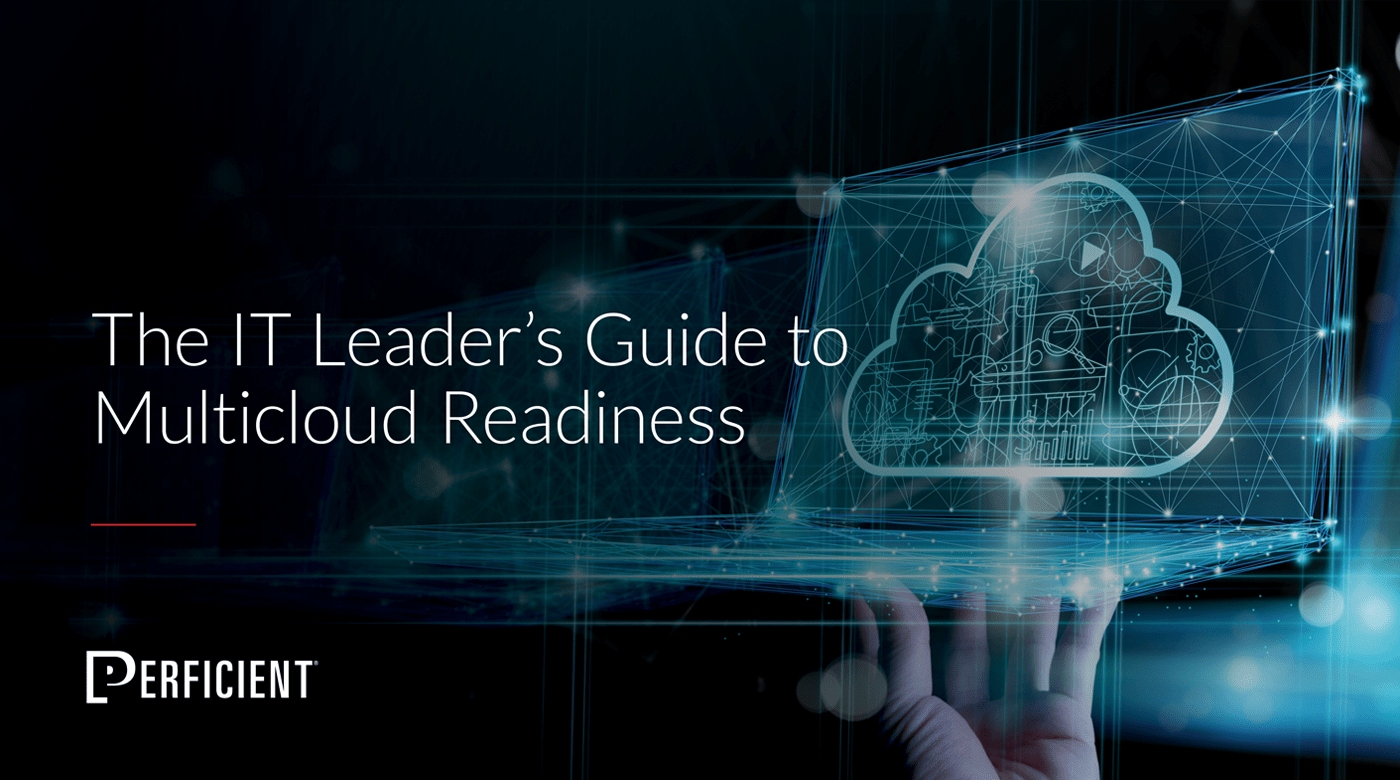Though it’s only October, thoughts of gumdrops and sugarplums are already on the minds of retailers. A trip to a retail store reveals Christmas decorations and products already up, complete with the trimmings of wreaths, lights, and more. Undoubtedly, the 4th quarter of the year is also when retailers make the majority of their revenue for the year, hence “Black Friday” and “Cyber Monday”.
For consumers, the availability of shopping also presents more opportunities to open their pocketbooks. Beyond the traditional credit card and cash methodologies of paying for goods and services, recent years have also brought about new payment schemes including mobile applications, payment readers, and bitcoin. The first two are fairly simple, leveraging the mobile boom and tertiary devices including tablets to make payments versus traditional point-of-sale (POS) systems. Bitcoin, on the other hand, is not just a payment platform, but a movement.
The Origins of Bitcoin and Blockchain
Unlike the majority of currencies, Bitcoin only has a history of about a decade. Stemming from a desire for privacy, Bitcoin is known as a cryptocurrency, containing encryption that allows for operation independent that of a central bank. Due to its independent nature, bitcoin can be considered much more volatile than traditional currency but has garnered popularity among several hundred thousand retailers due to lower transaction costs compared to those of credit card and payment reader vendors.
As bitcoins are created and mined from those who use it, any transactions created are stored in something known as a blockchain, which is a database or ledger. Each block within a blockchain contains a list of valid transactions, linking to prior blocks creating a structured system. Applied into business, a blockchain can be suitable for crowdfunding campaigns and marketplace transactions in addition to digital payments. Unfortunately, the downside to blockchain is also the fact that it is secure. With just a few clicks, anyone can access a general ledger of transactions for maximum transparency.
Integration with the Cloud
As Bitcoin and blockchain grow in influence within organizations, leaders will also begin seeking the right middle-ground solutions to ensure functionality and security. The average total of a data breach averaged $4 million dollars in 2015 and will only increase as more transactions and data are stored online. Thus, security is not just important in the cloud, but also within the blockchains that consist of the transactions as well.
With cloud now part of the bitcoin conversation, the industry is motivated to innovate and improve upon an in-demand system of payment. Furthermore, cloud’s participation in integration also enables the development community to build applications and APIs that connect payment schemes to secure databases, things, and applications, disrupting traditional models in the process. IBM is co-leading this process through the creation of blockchain products, which provide the additional security and cloud features retailers, merchants, and entrepreneurs crave.
What else can occur from this? As I think about the world today, practically everything is ripe for disruption from paying at a toll booth to groceries from the store to college tuition. Though a decentralized system would see numerous regulatory hurdles (a conversation for a different blog website), it’s already obvious momentum shows that there is indeed a future, and IBM’s participation is a key driver for further opportunities.
A Blockchain Future
Do you foresee a future where Bitcoin plays a significant part in your organization’s transactions? How do you think it would impact your organizational future, particularly with your development needs? Share your thoughts in the comments below or send us an email to sales@perficient.com.
Learn more about our IBM practice here.
